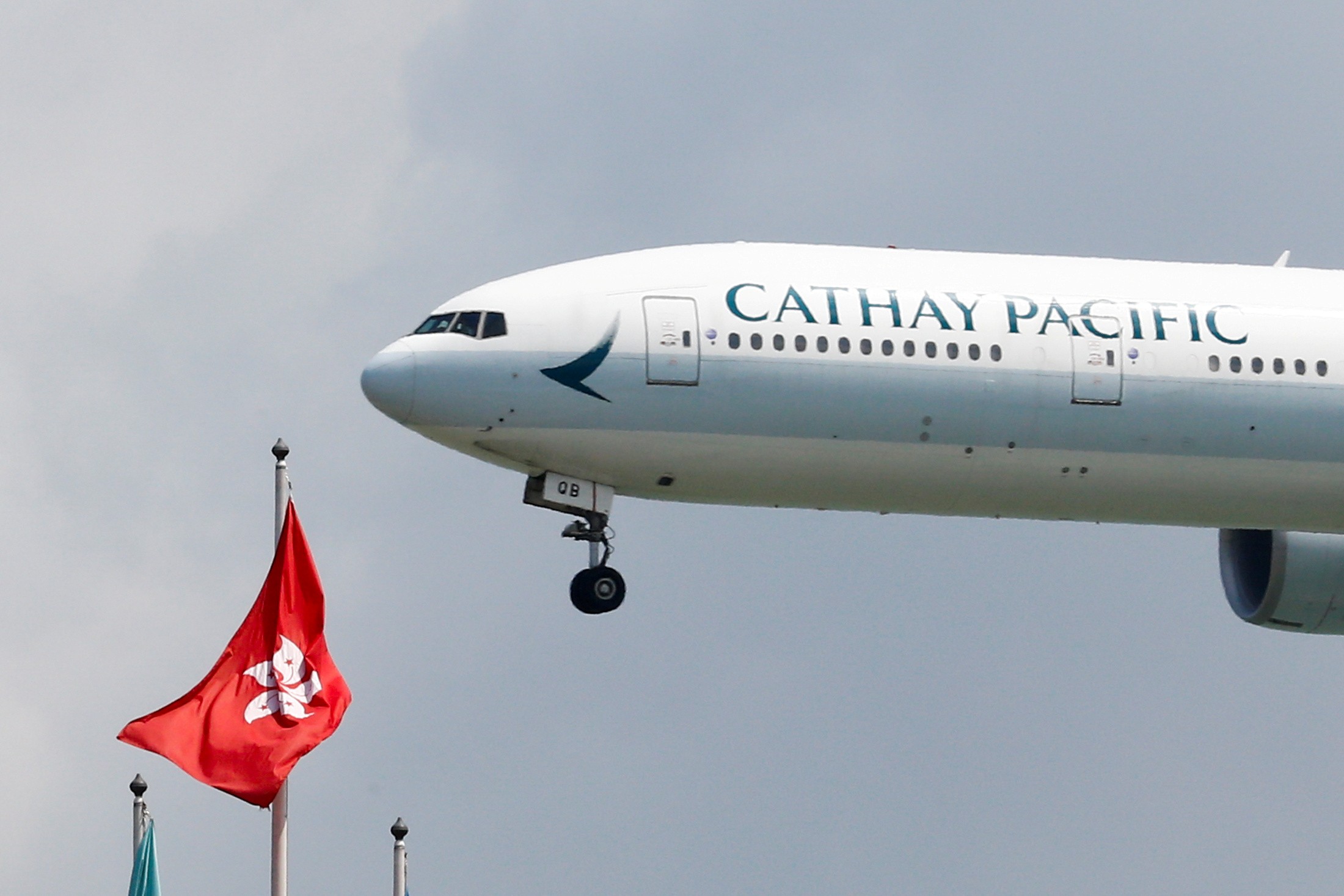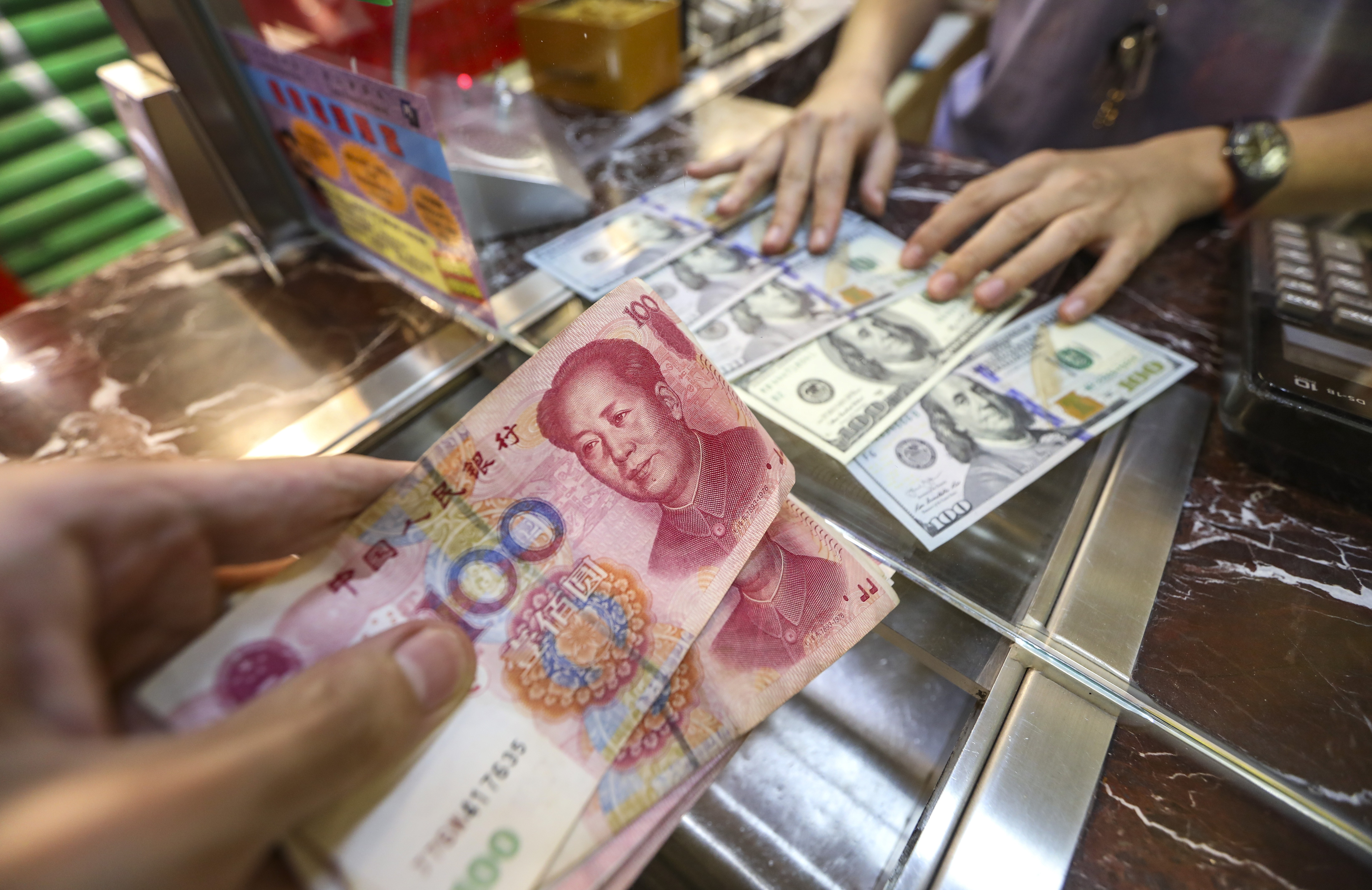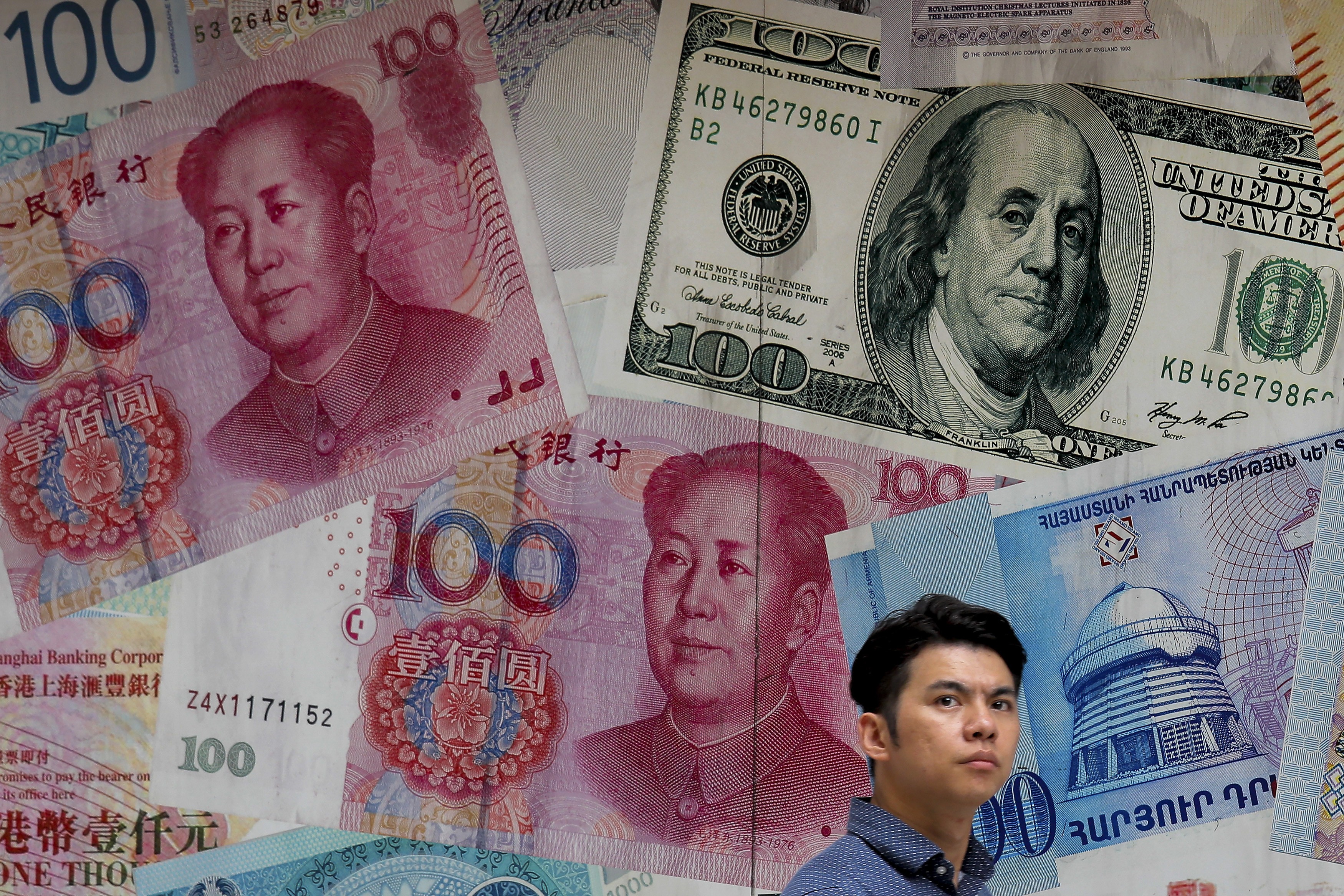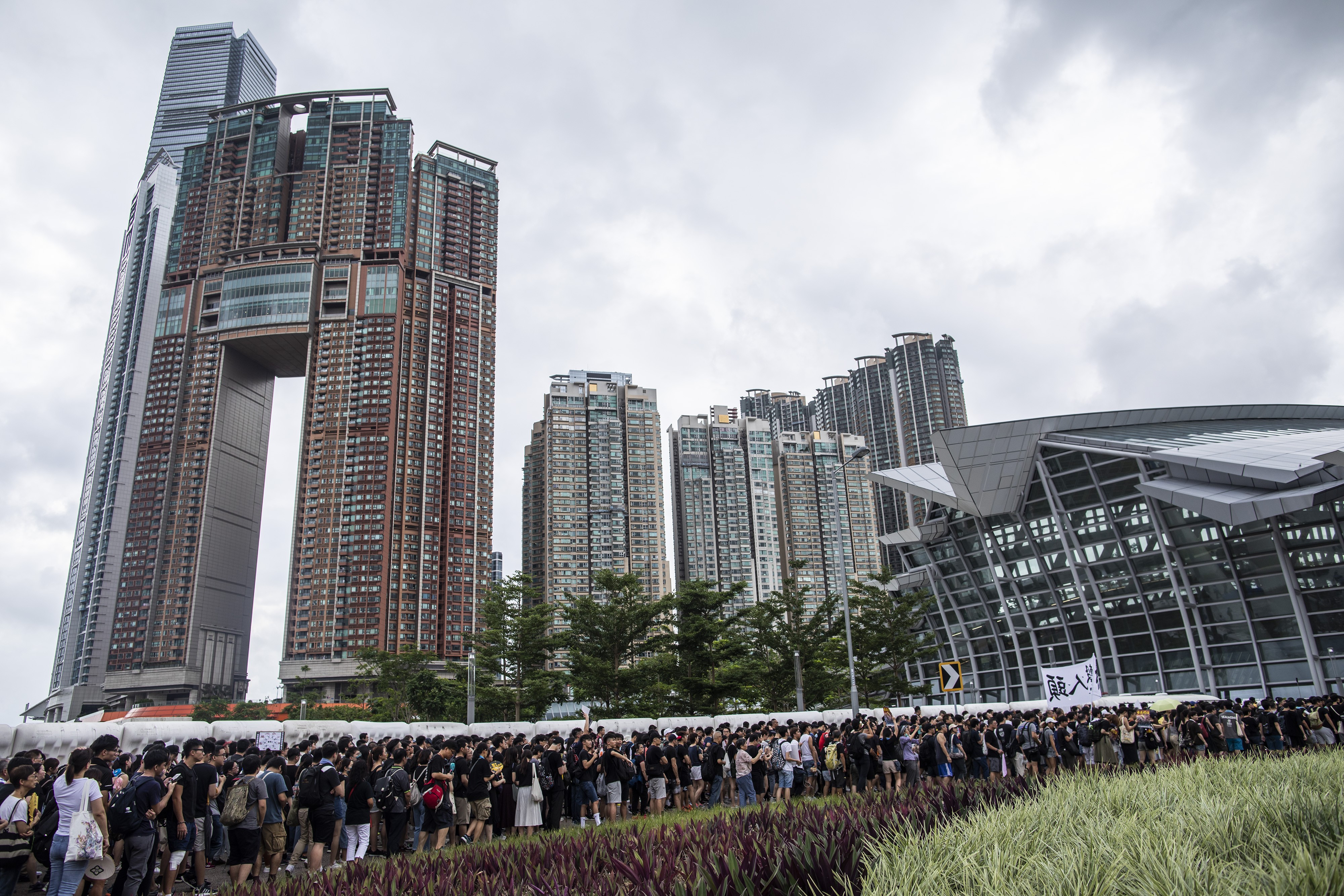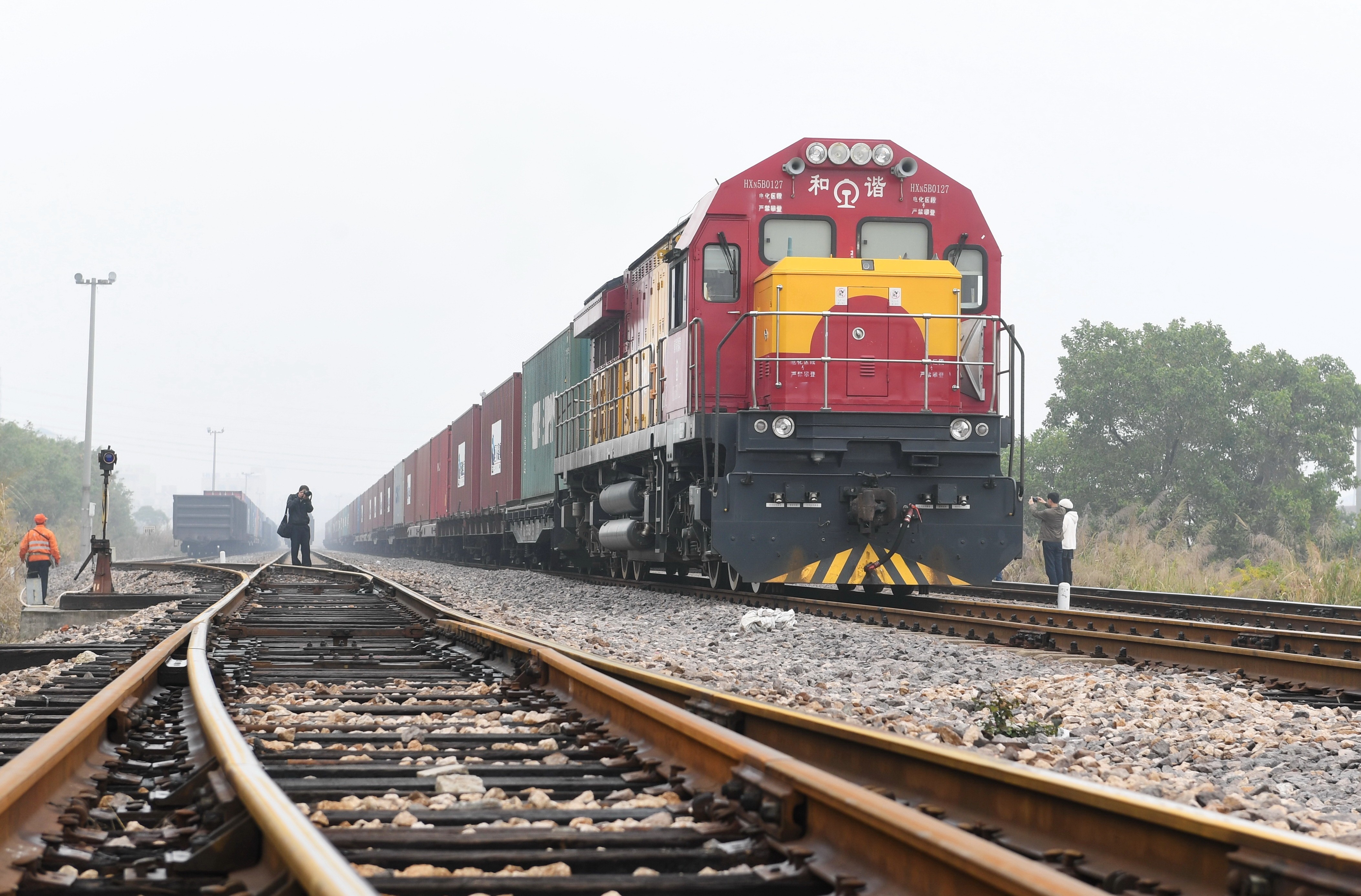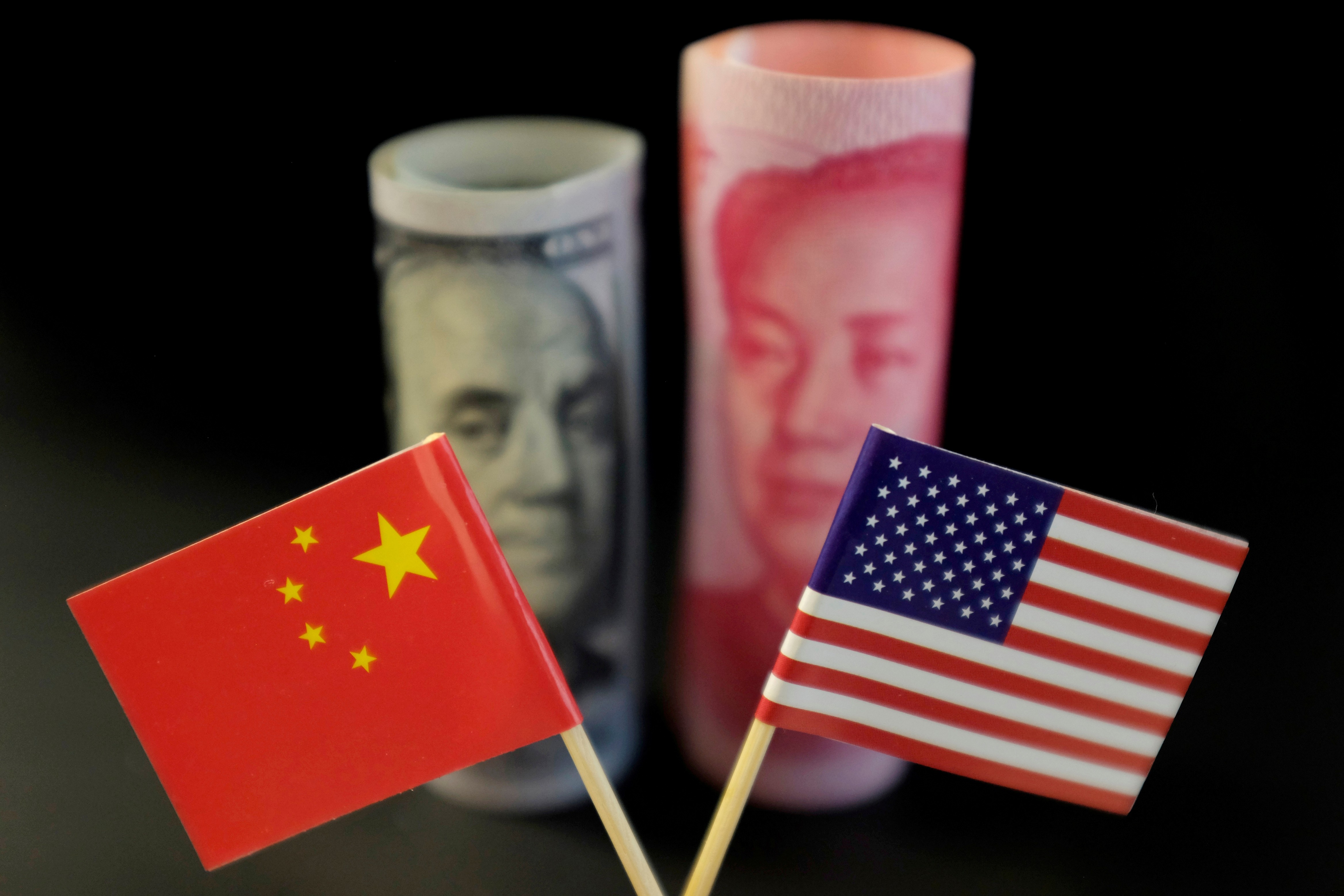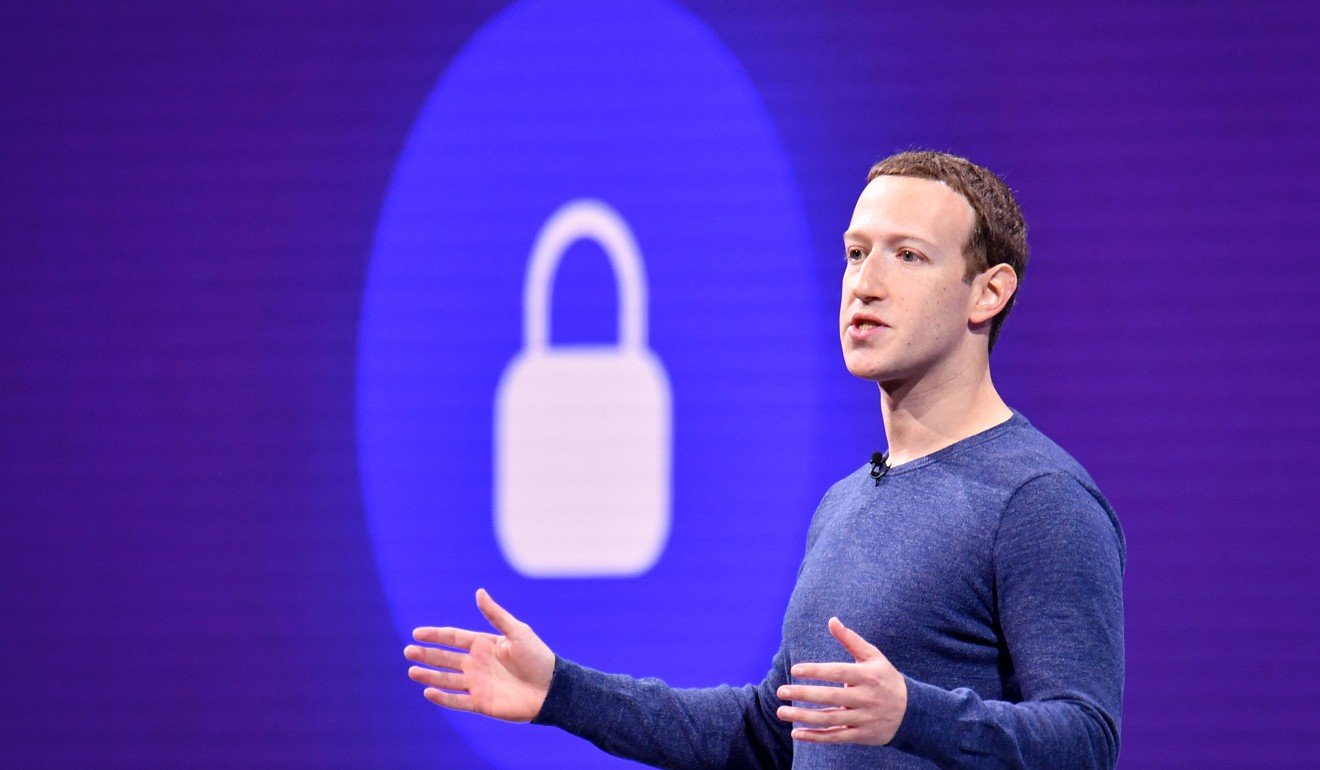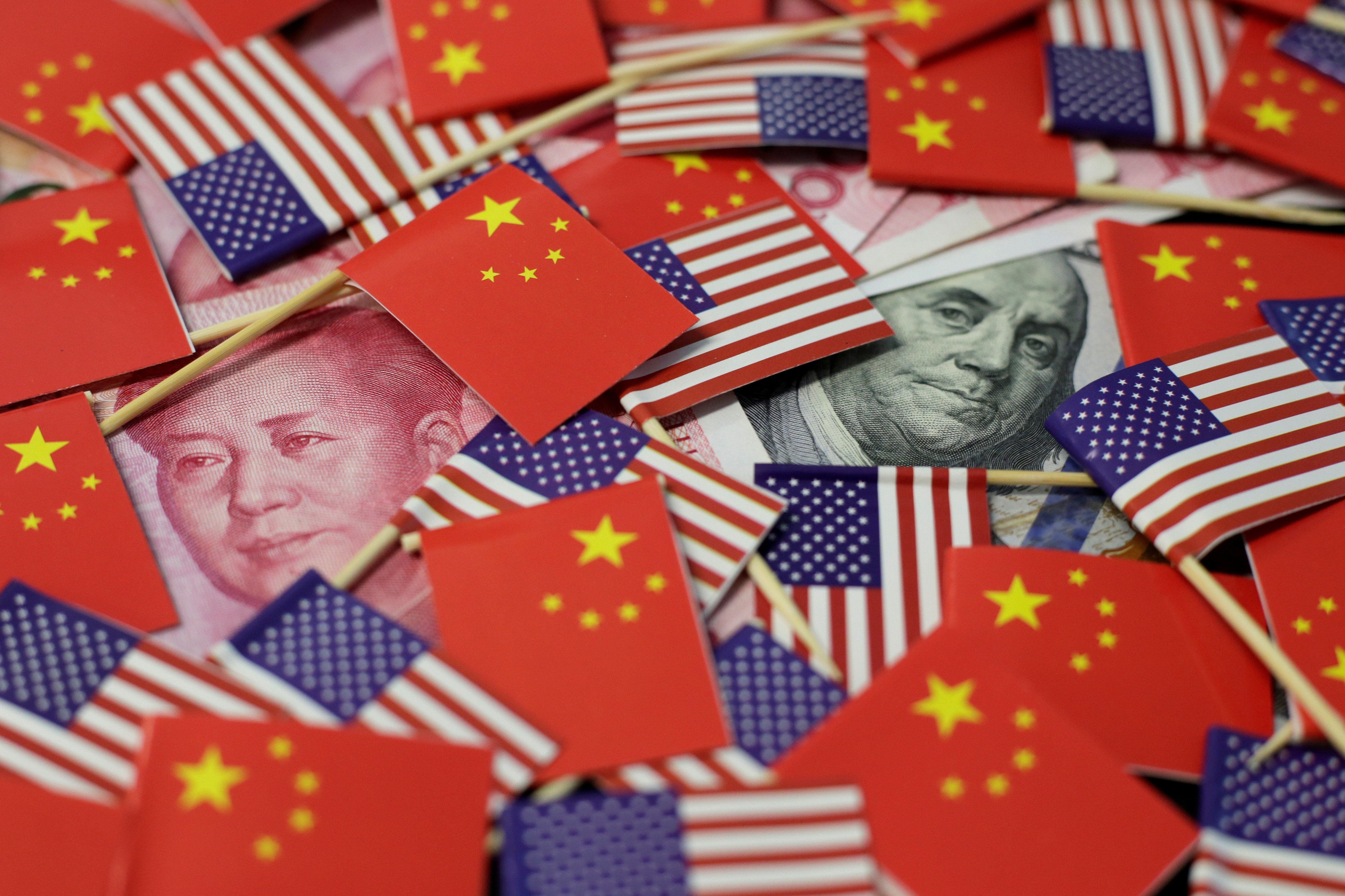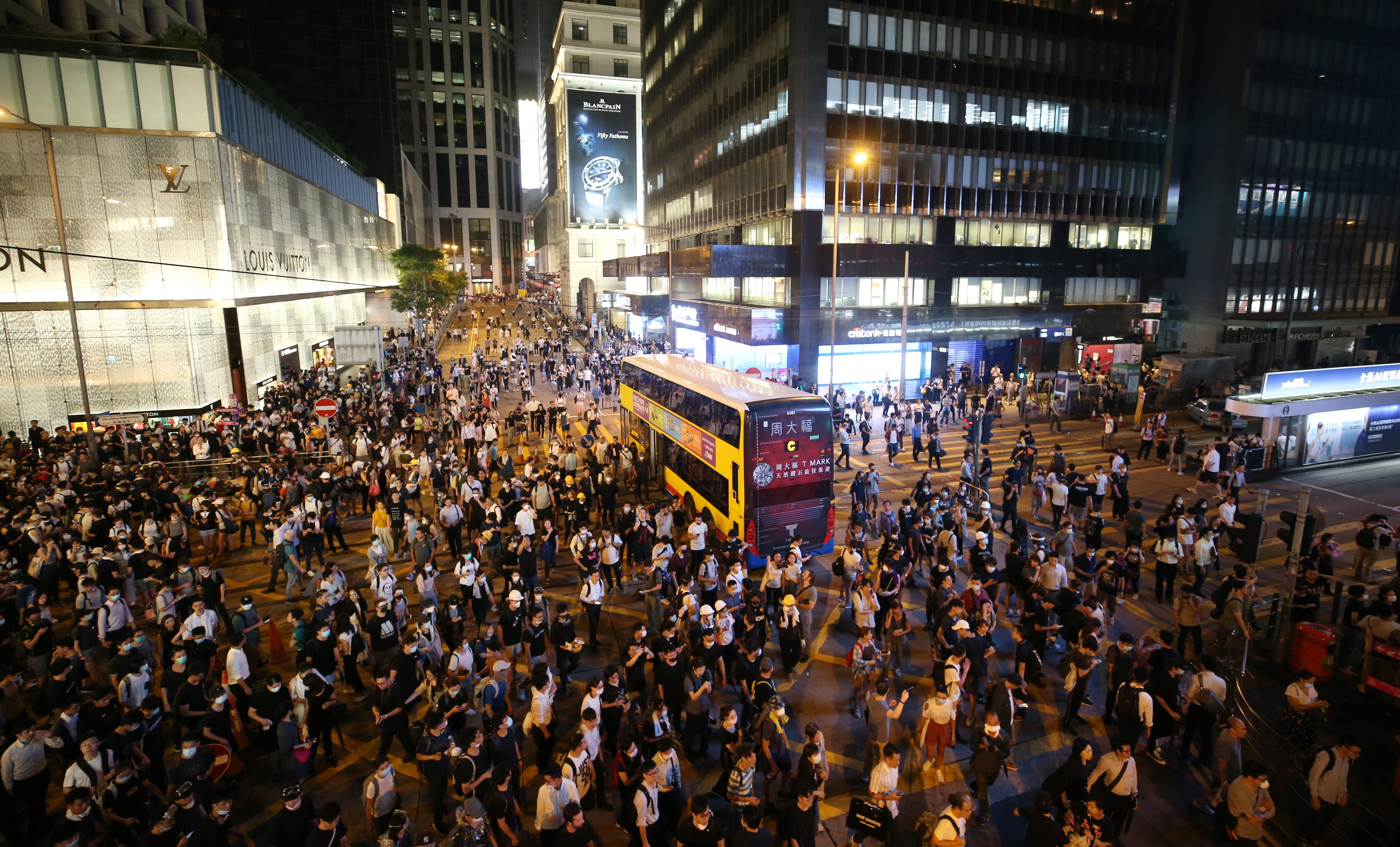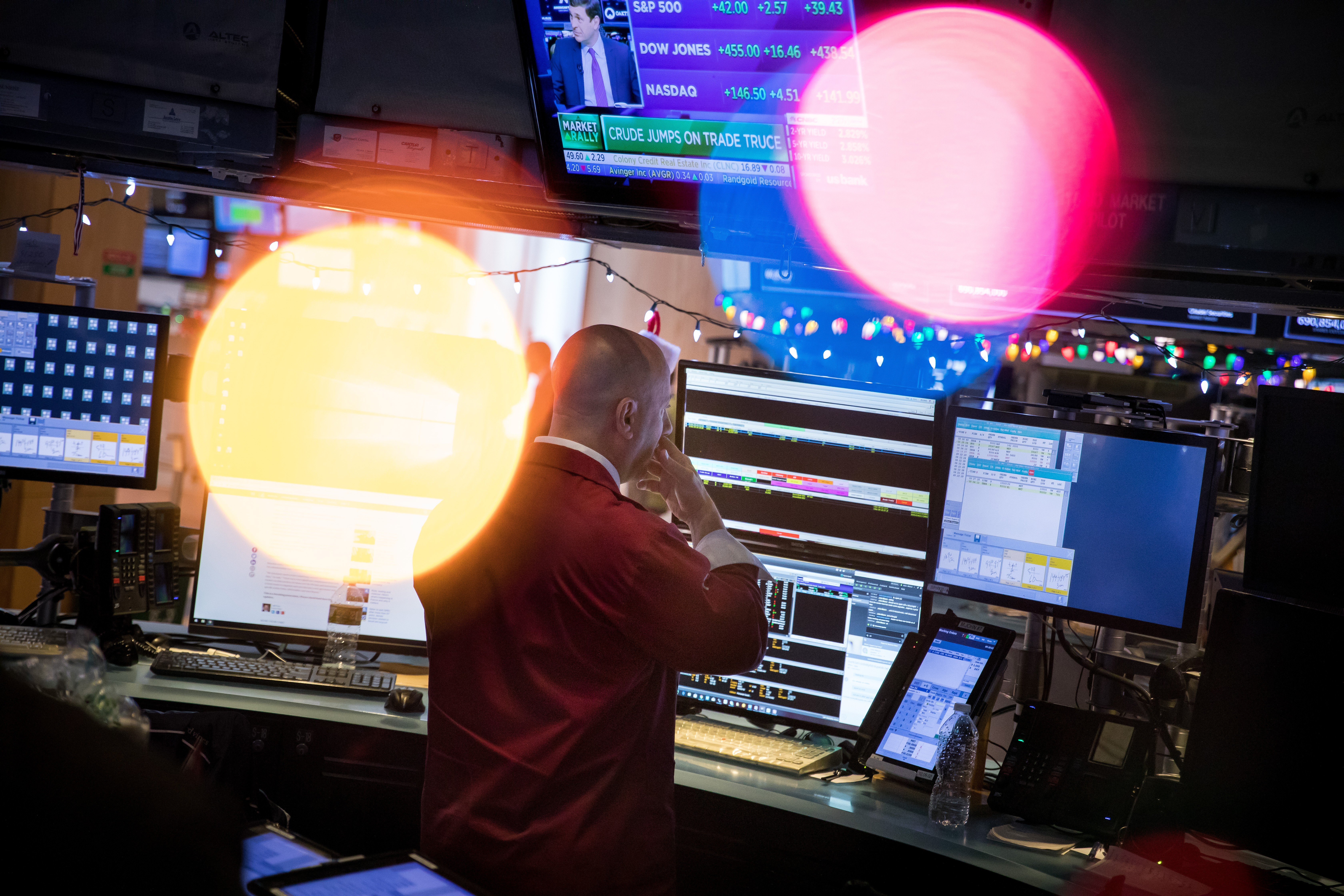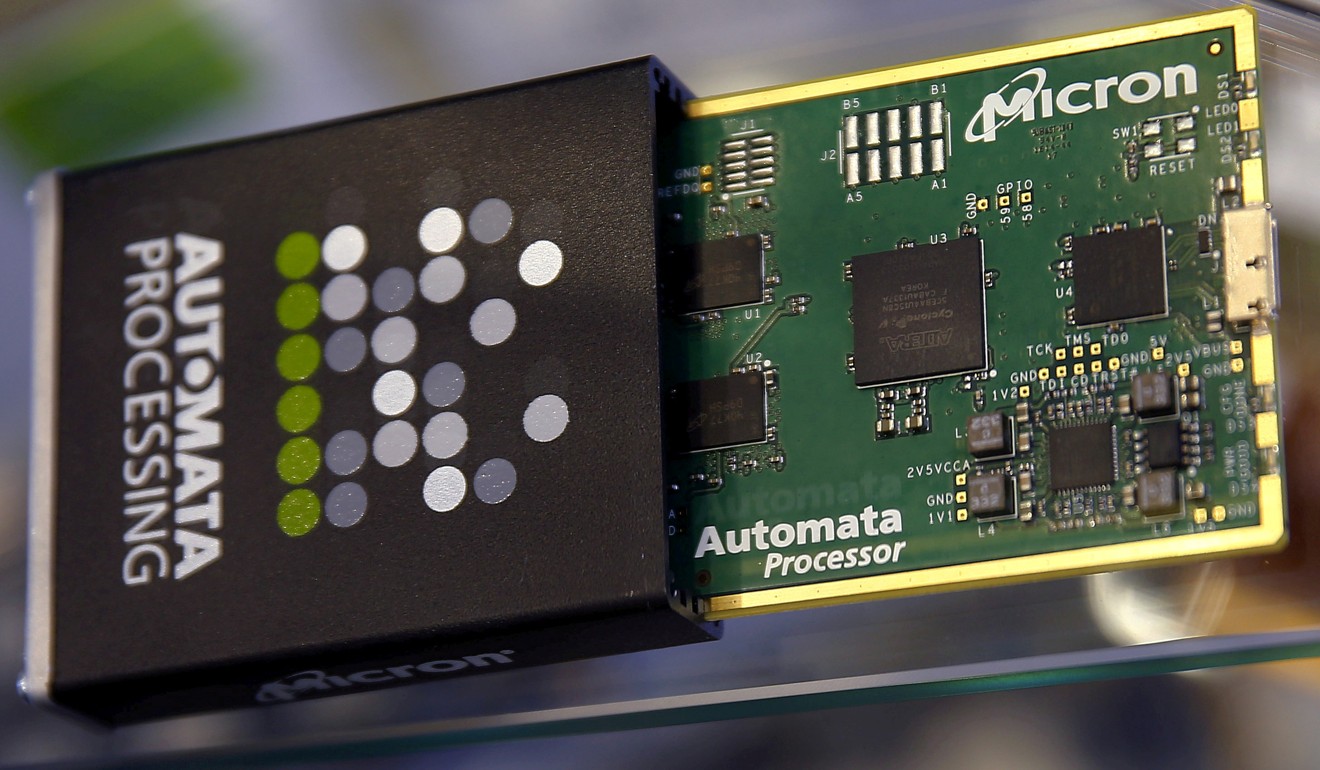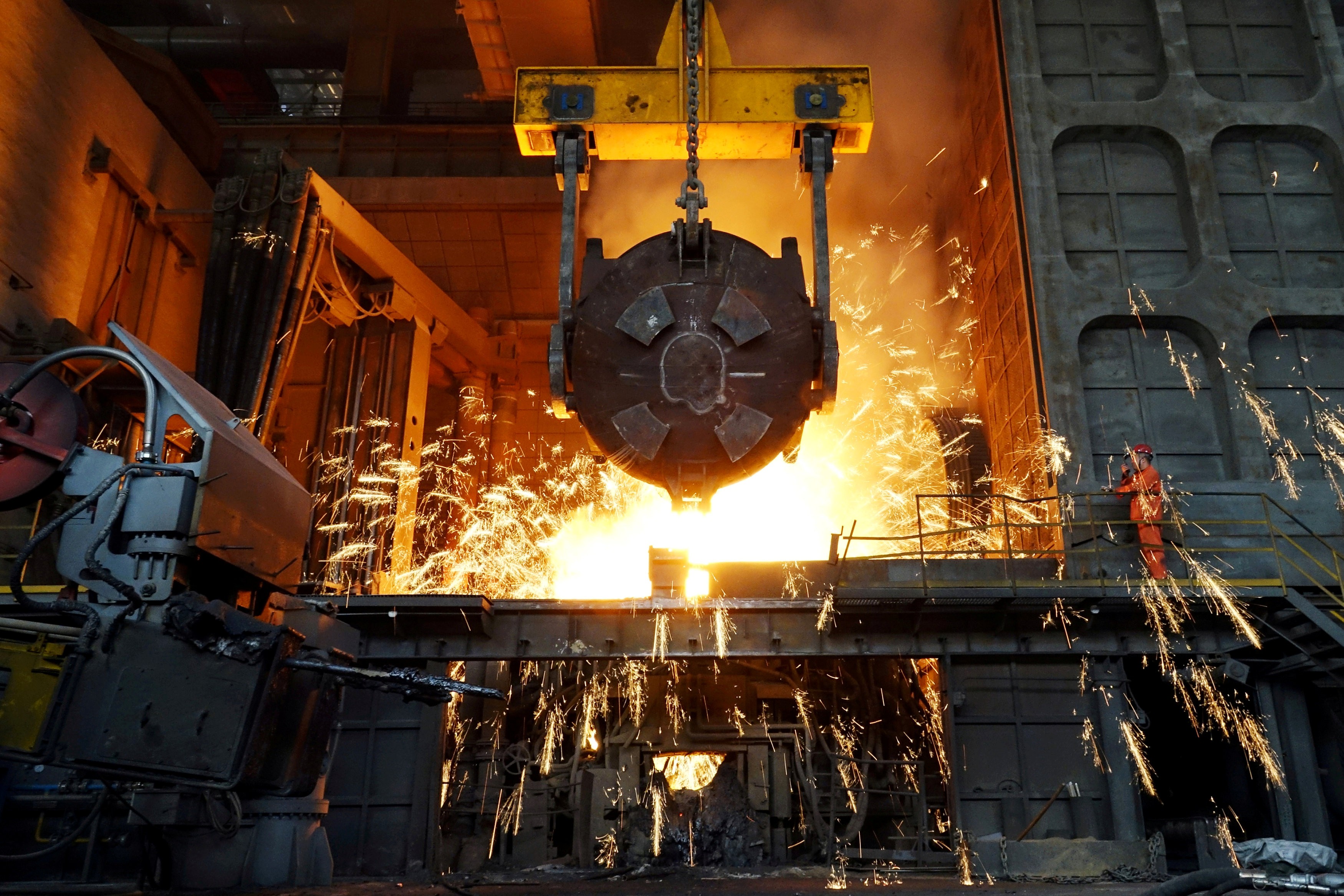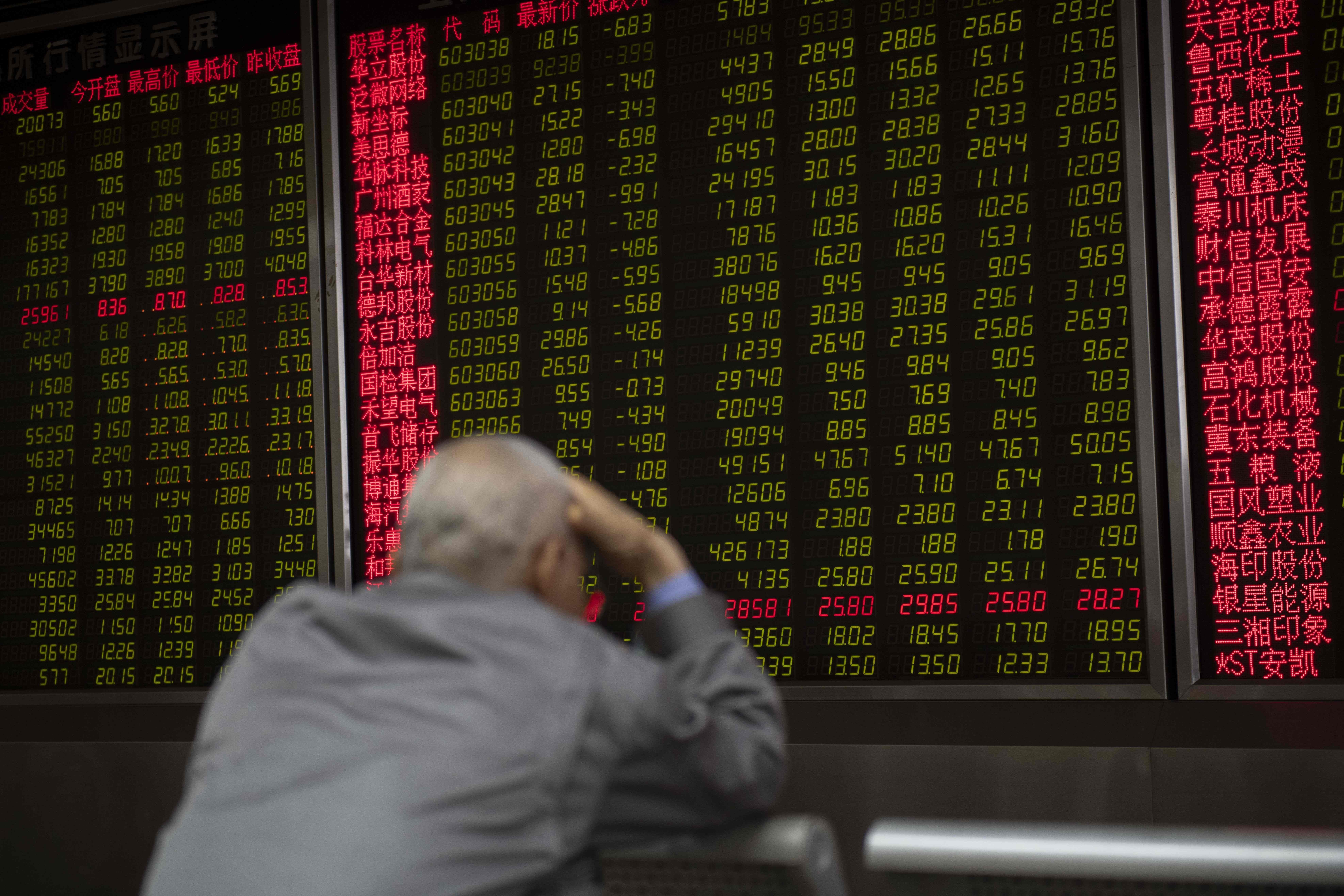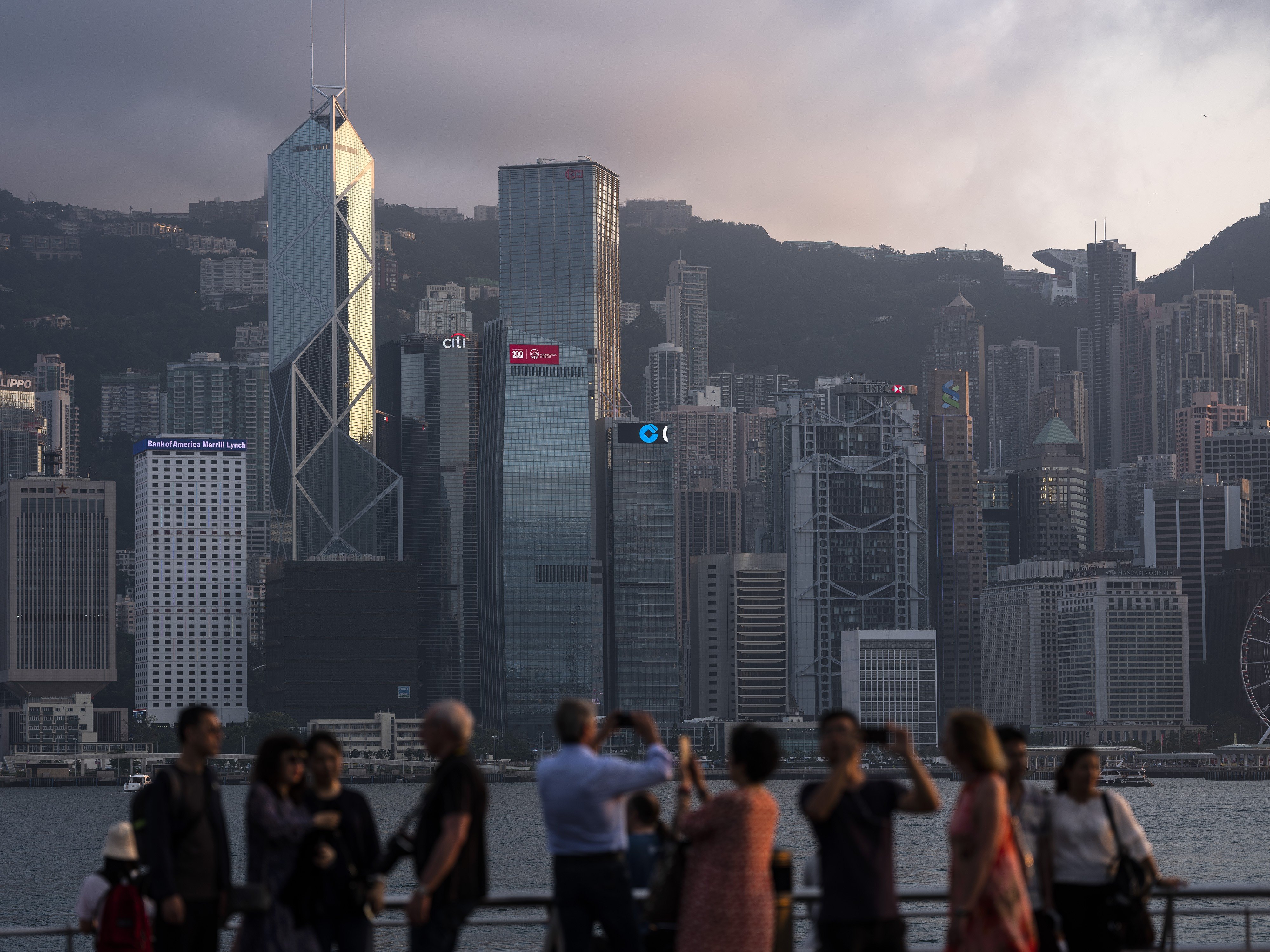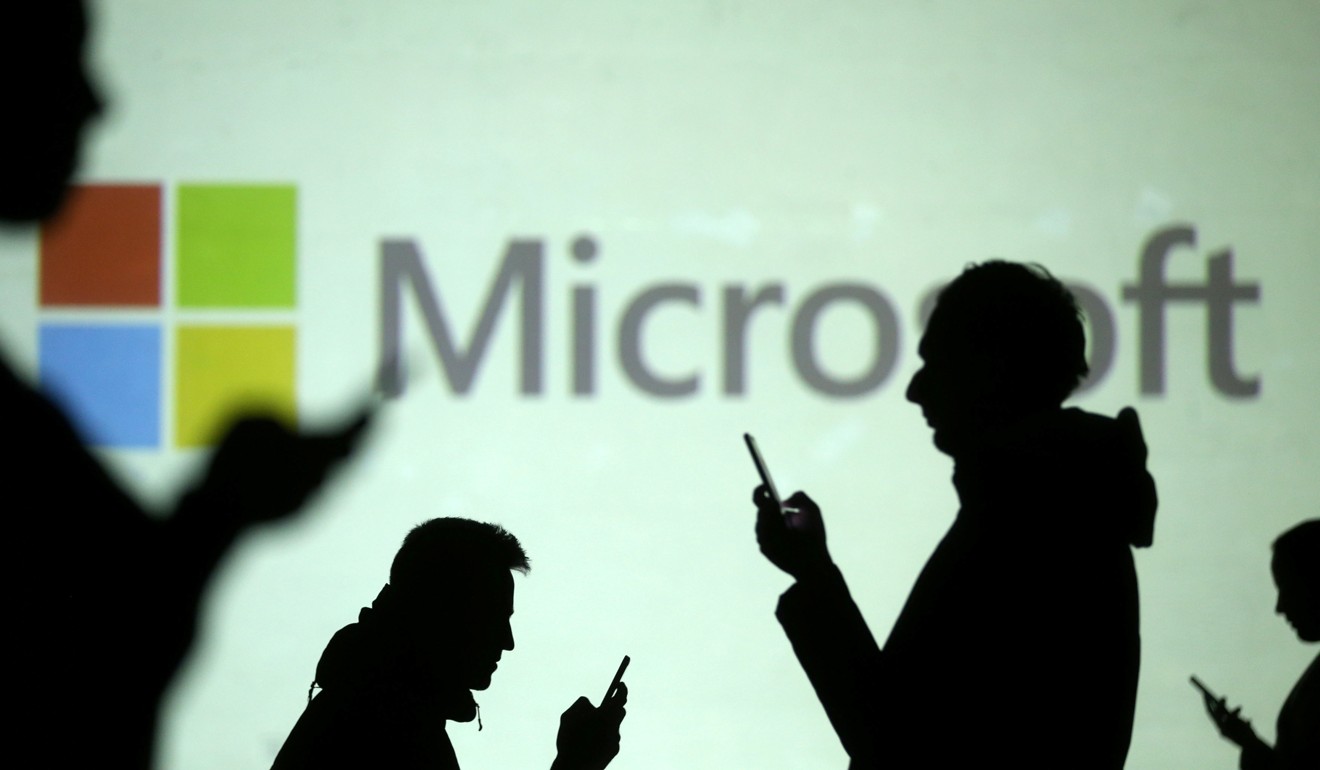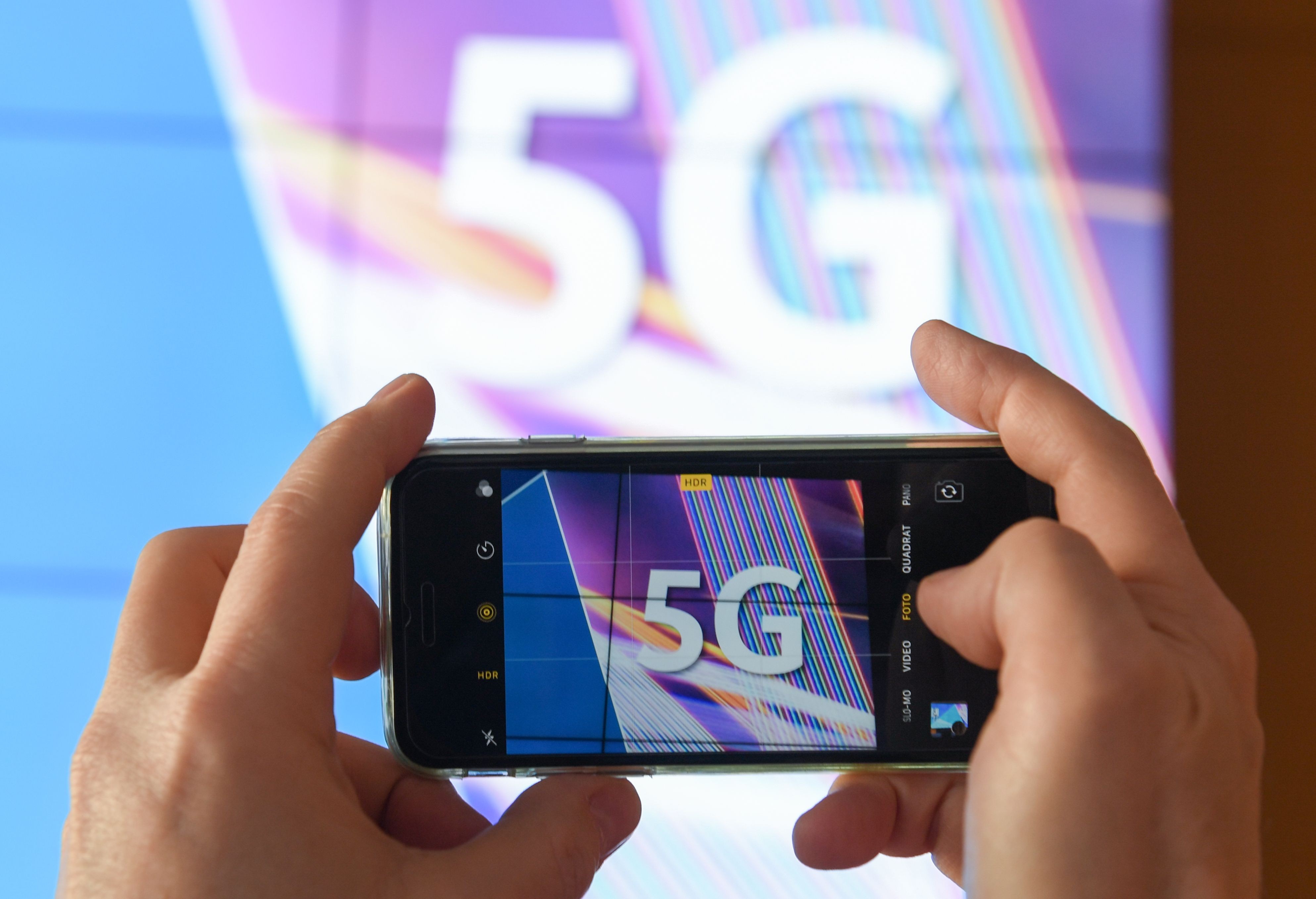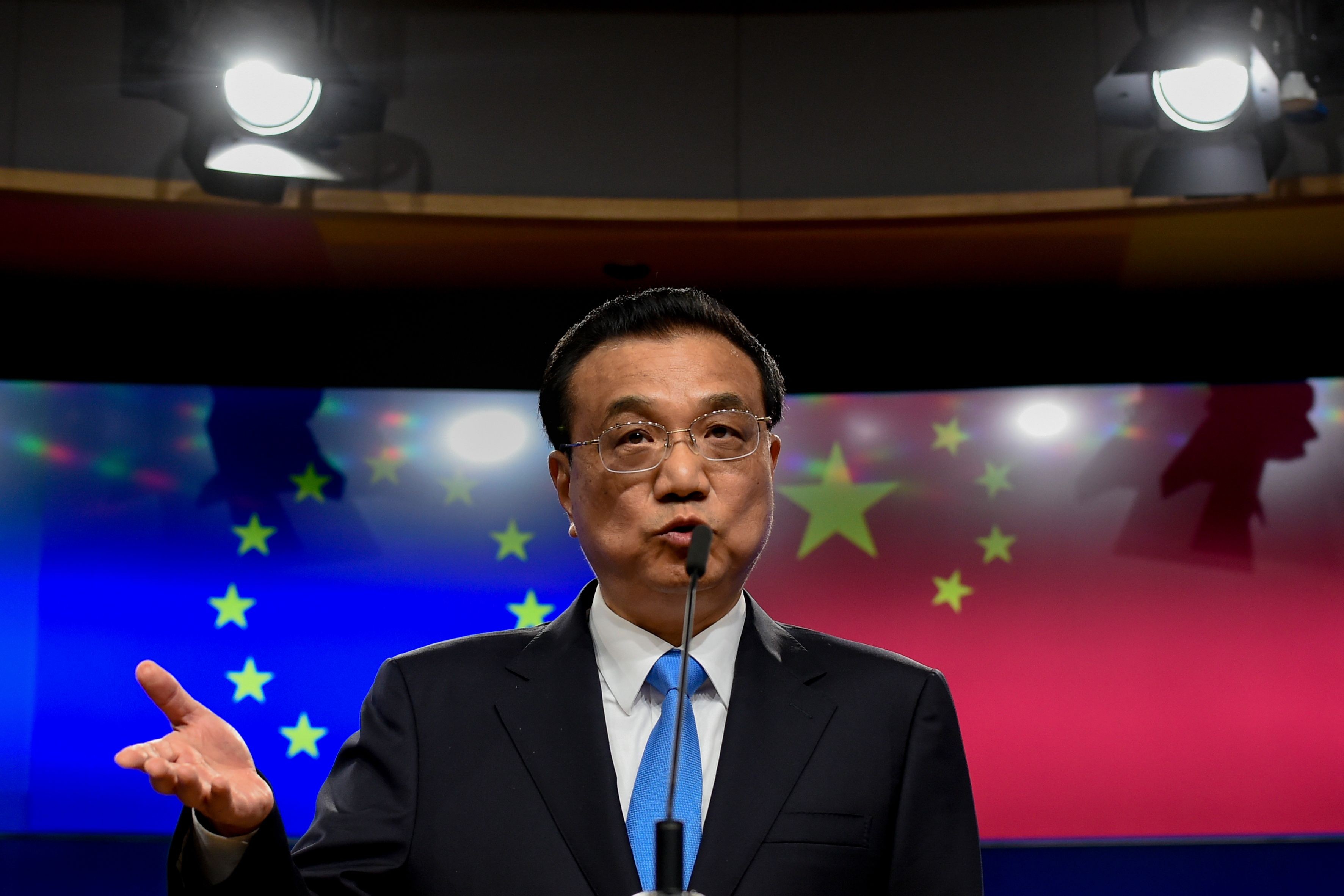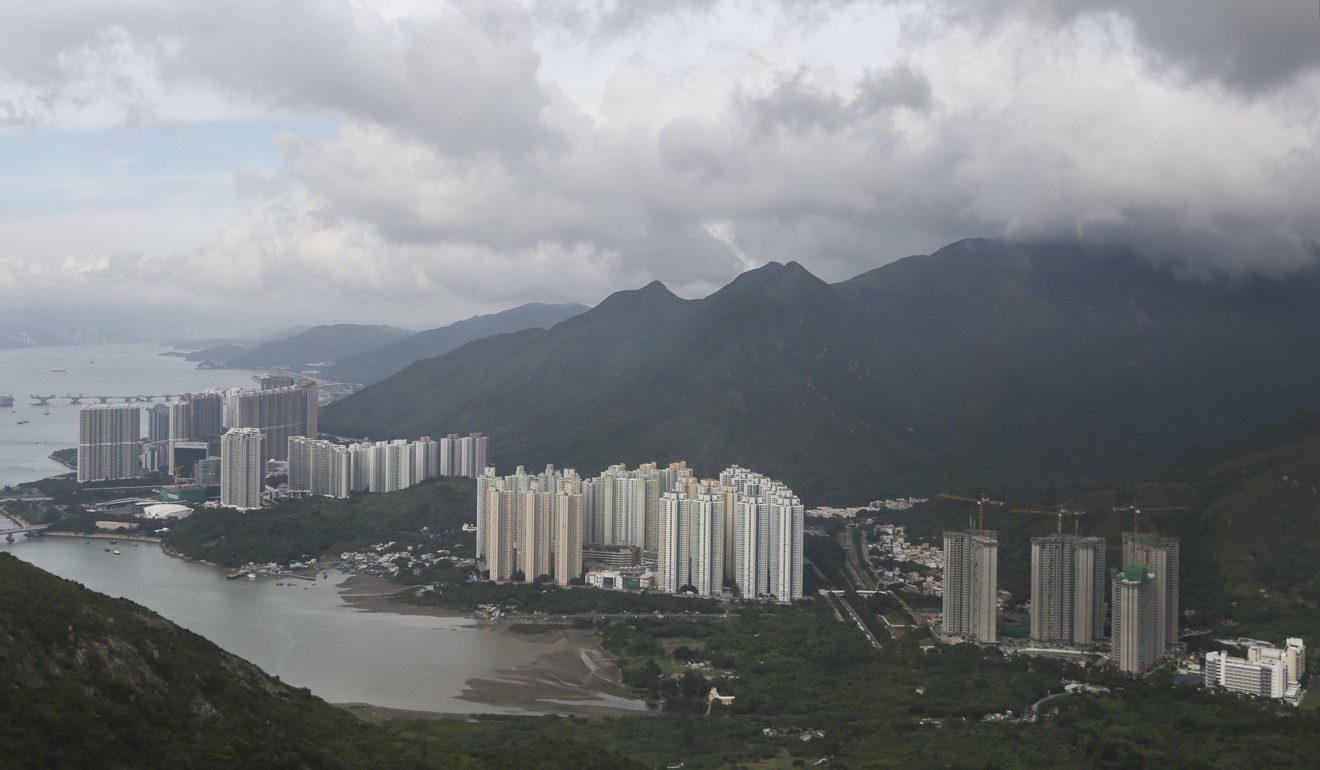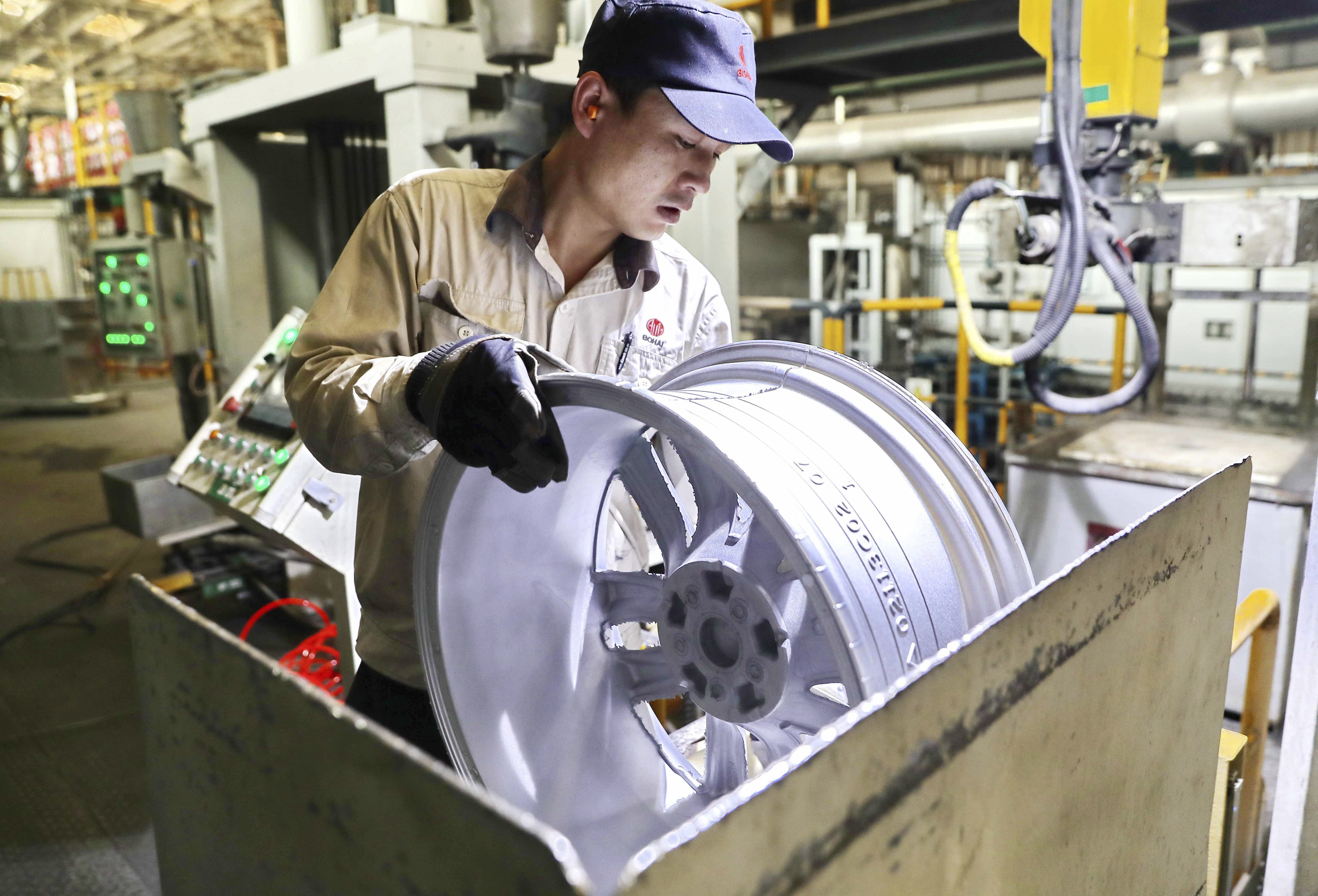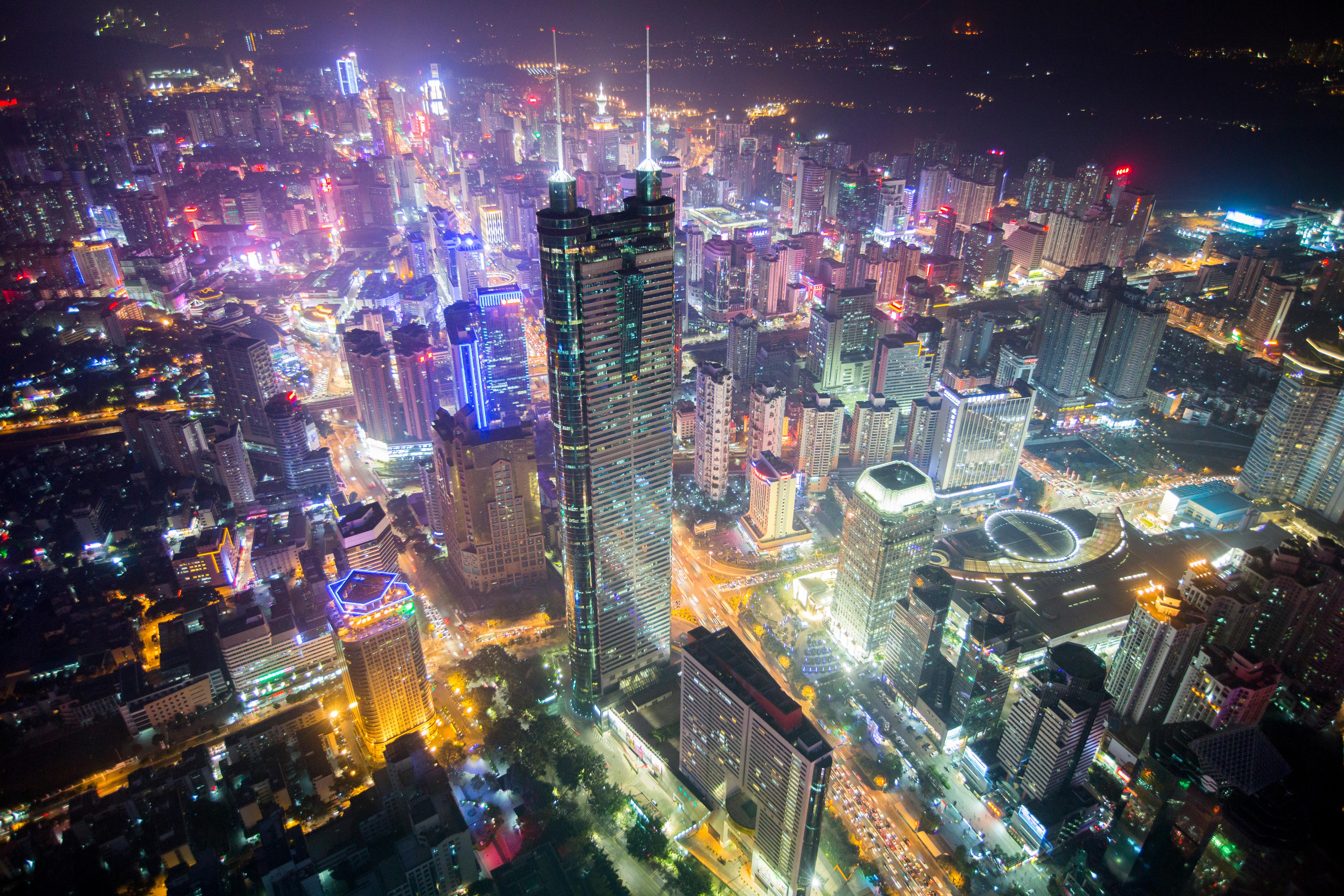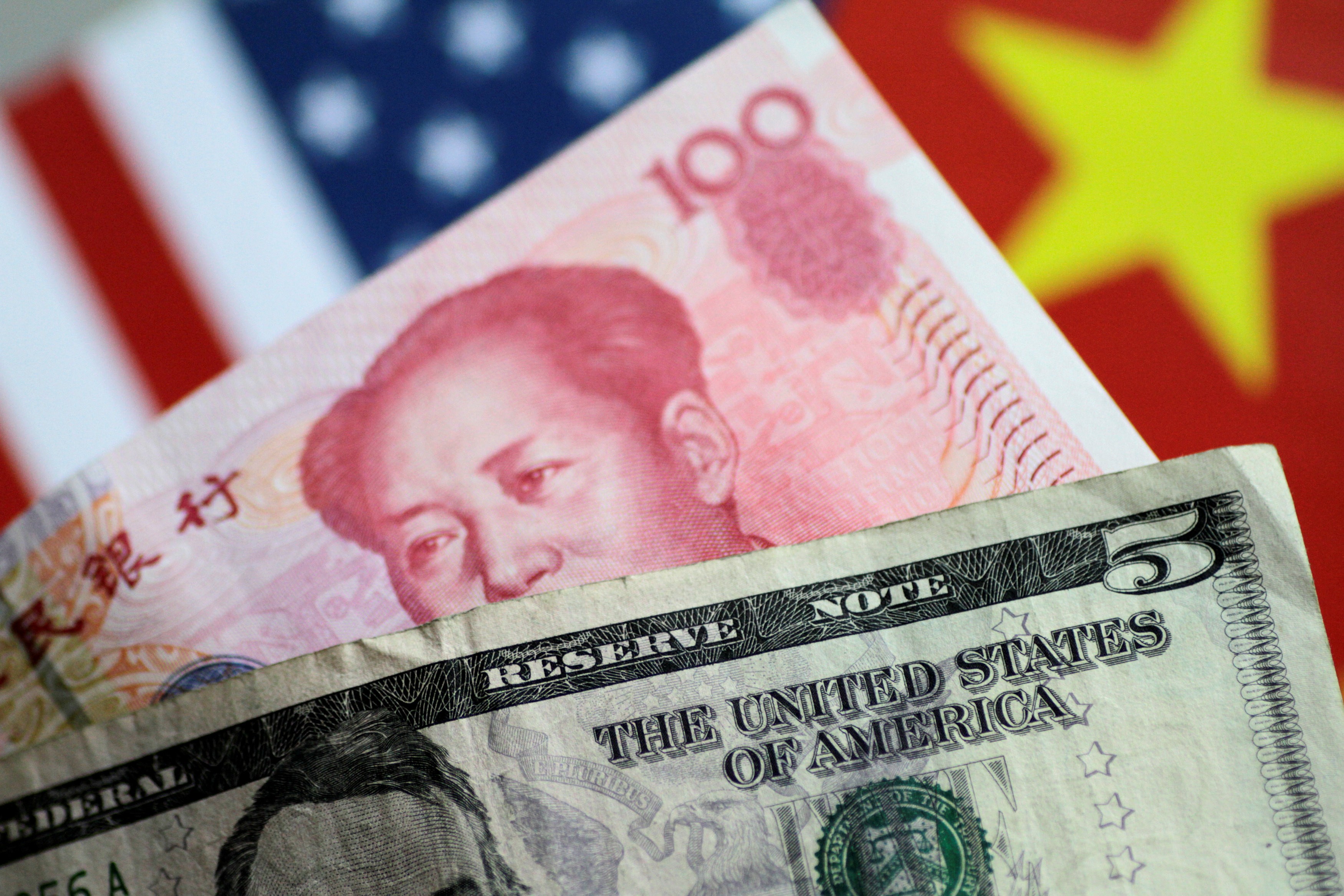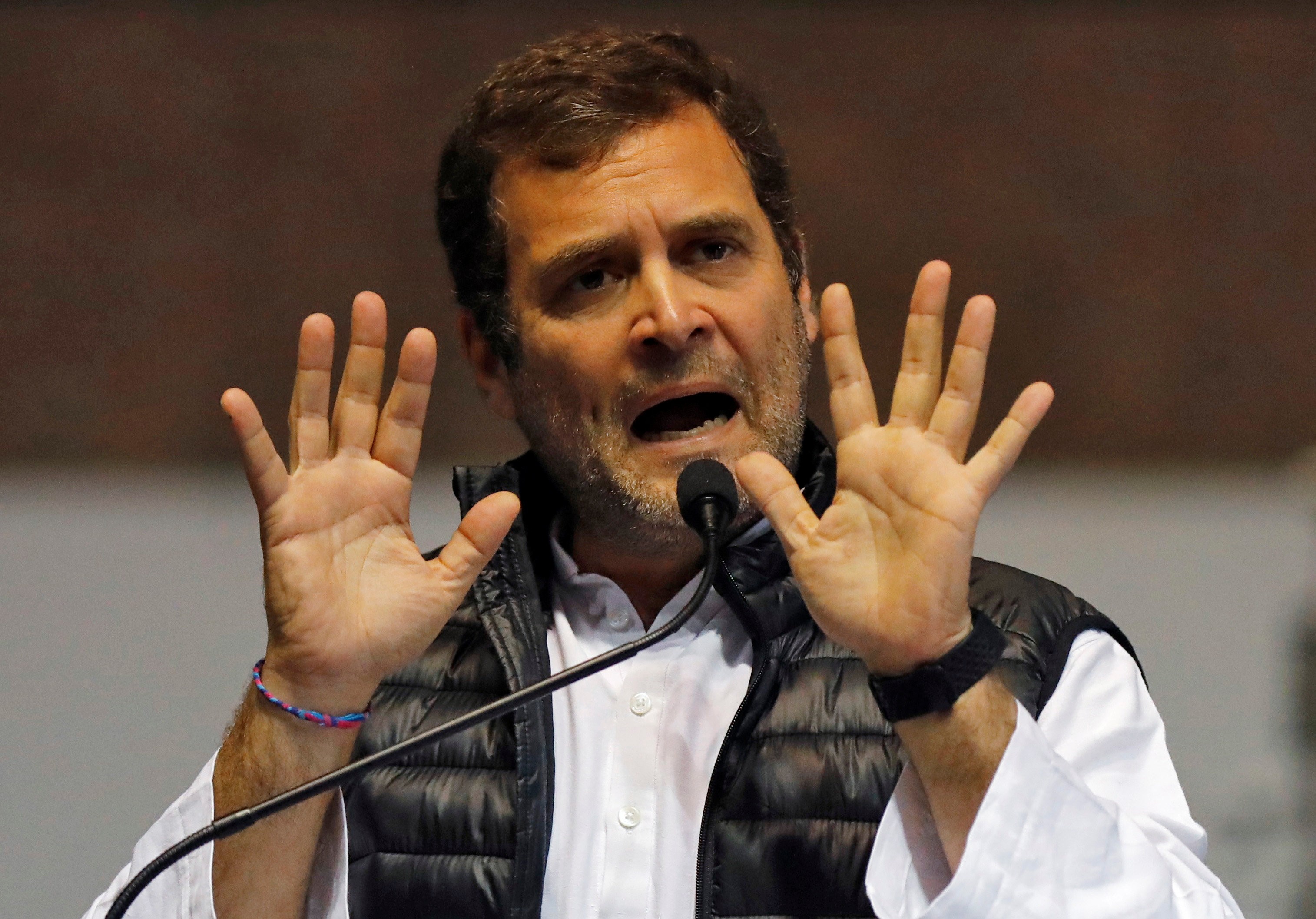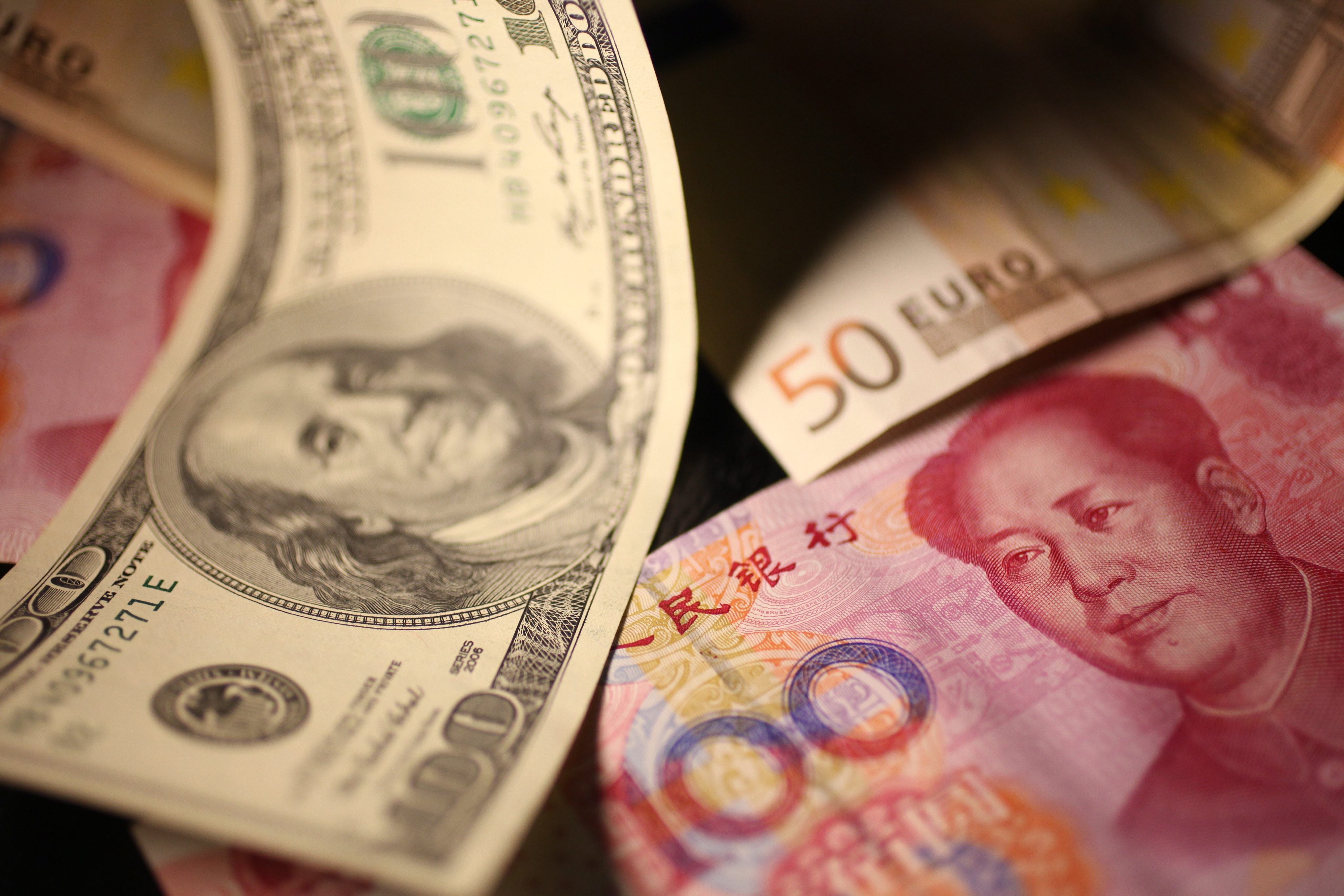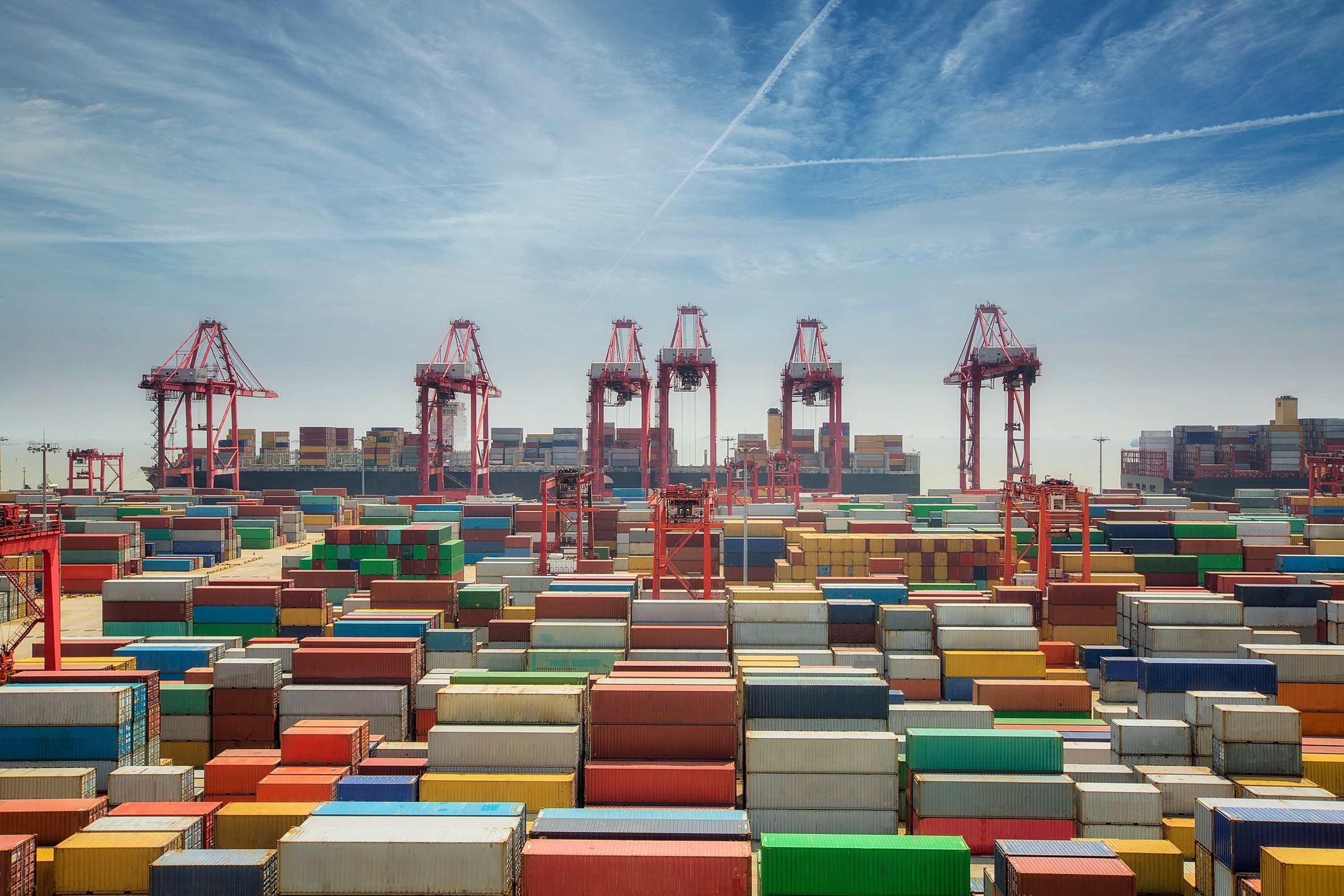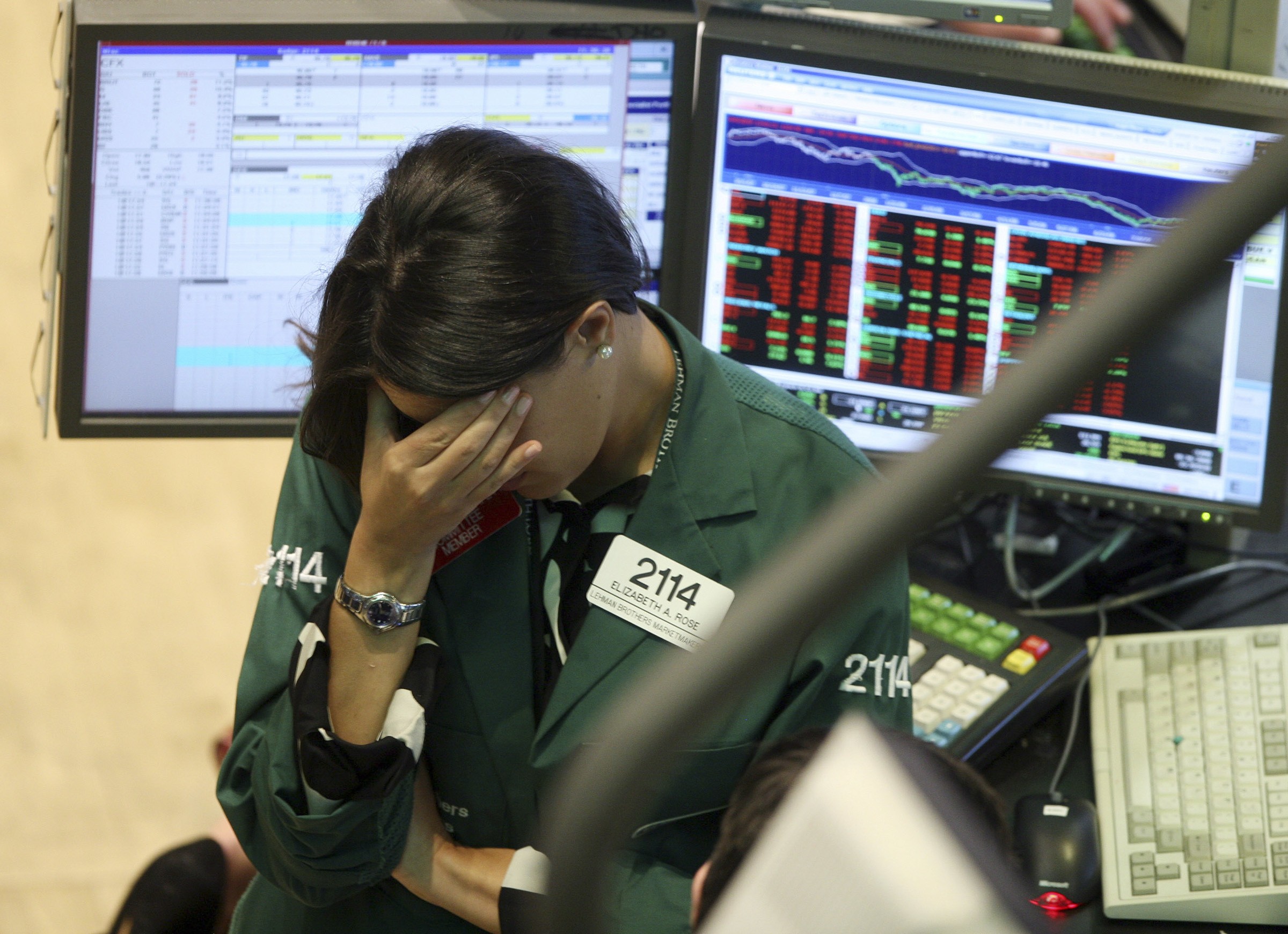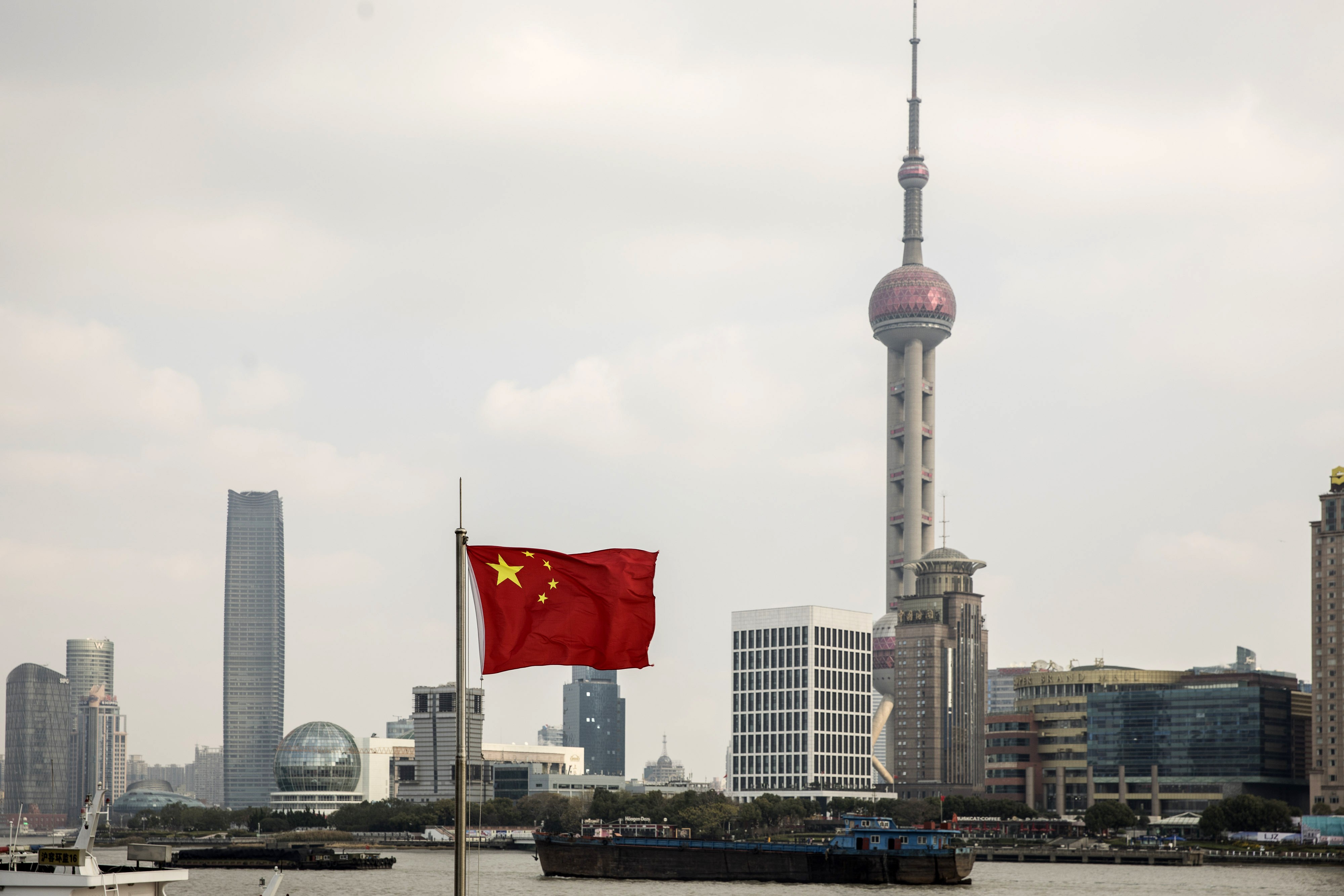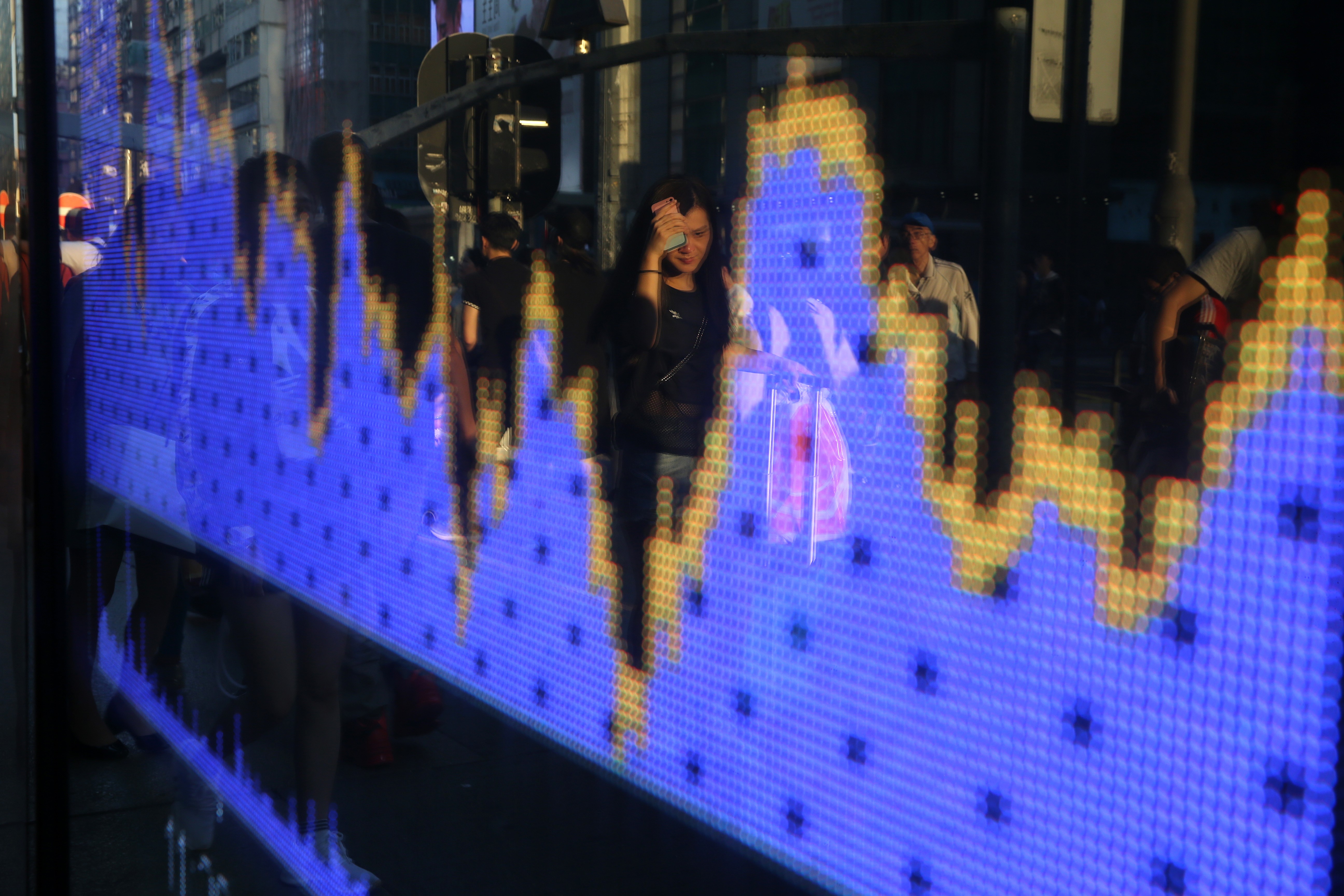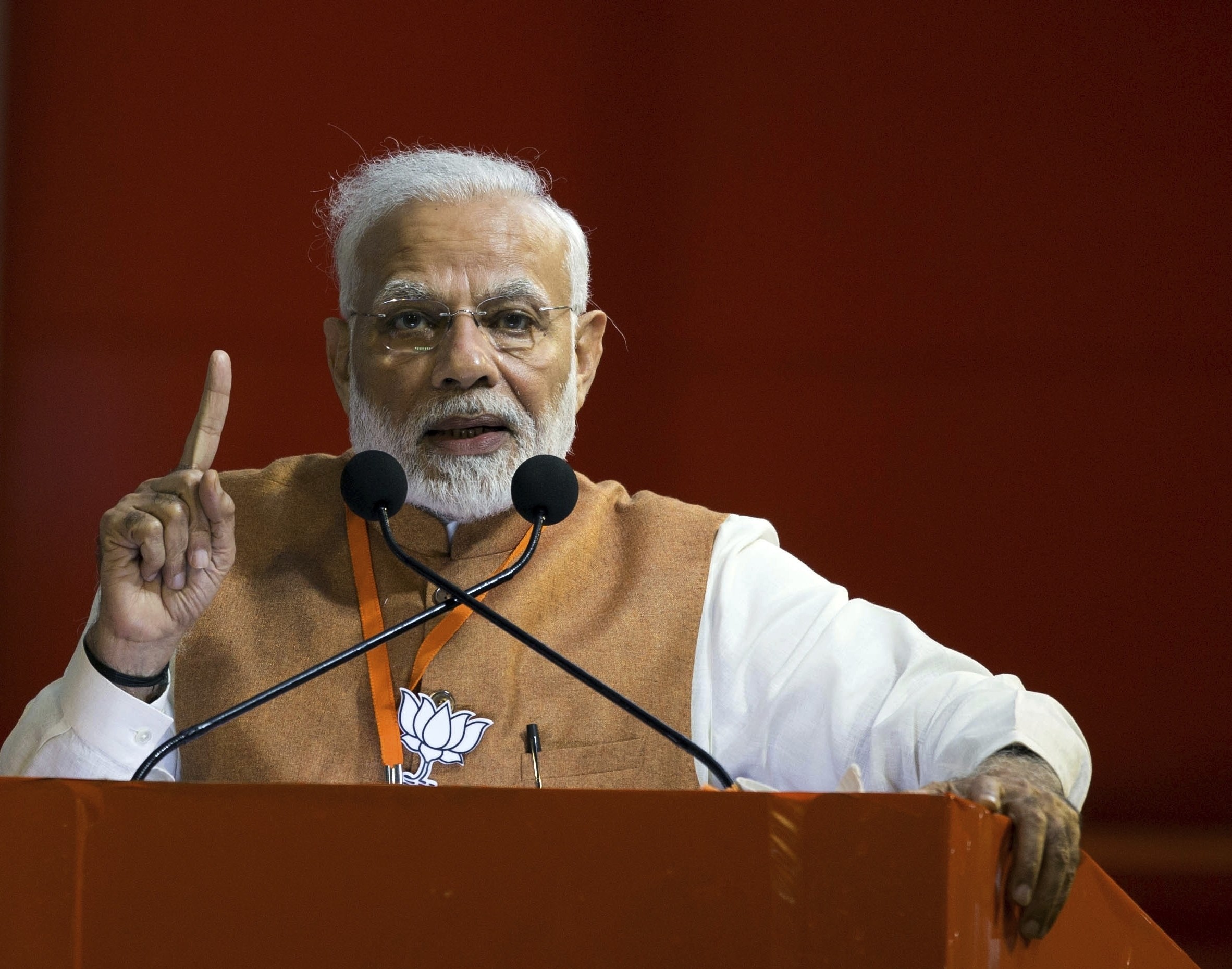Advertisement
Advertisement

Tom Holland
Tom Holland is a former SCMP staffer who has been writing about Asian affairs for more than 25 years
The philosophy that the state has no business dictating people’s political beliefs is prevalent in Hong Kong, but China’s desire to supervise private enterprises and employees paints an ominous picture of the city’s future
The peg, which prevented a complete economic wipeout in 1983, has been described as a ‘deadly weakness’ – but in truth it is an automatically self-correcting mechanism that today’s Hongkongers can be thankful for.
Washington’s decision to slap the label on Beijing opens a new front in the simmering US-China cold war. In the long term, this is likely to accelerate the uncoupling between the world’s two largest economies, writes Tom Holland.
Despite the assertions of bearish observers, the property market continues to be red hot, and housing affordability is not significantly worse than at any time over the last 10 years.
Advertisement
The EU fears Beijing is trying to drive a wedge between its members to neutralise its China policy. But the attention paid to China’s pledges far outweigh its investments
Despite US President Donald Trump’s declaration that trade wars are ‘good and easy to win’, neither side has really benefited from the ensuing tussle. That’s not to say there haven’t been any winners, though.
Mark Zuckerberg is hoping to take on Tencent’s WeChat Pay and thinks he has found a way around the problems faced by bitcoin. He hasn’t: consumers will have no incentive to use libra, governments have every reason to oppose it.
Don’t hold your breath for a deal between Donald Trump and Xi Jinping at the G20 summit. Both the US and China believe their economies can ride out the trade war. In the short term, they’re right. In the long term, not so much.
There are reasons to be optimistic about Hong Kong’s future as a locus for international business – among them is that its special status lets Beijing do all the trade-related things it cannot or will not do for itself, writes Tom Holland.
The US bond market is pricing on the assumption the US-China trade war will deliver a deflationary bust. The last 30 years of globalisation suggest otherwise
China’s claims that Huawei can prosper without the US are given the lie by its past attempts to foster innovation. But it’s in Trump’s interests to reach a deal.
Hit by a hike in US tariffs China could: respond with equal tariffs (impossible); dump US Treasury bonds (ineffective and impractical); let the yuan weaken (expensive). Or it could give in to Trump and lose face (for Xi, unthinkable)
With trade tensions rising again and concerns over the detention of foreign nationals on the mainland, some fear Washington may scrap a law treating the city separately from China. But these anxieties are overblown, for now
The US hedge fund manager has form when it comes to forecasting financial disasters, but with Hong Kong he’s just plain wrong, writes Tom Holland
Hawkish US sanctions on Iran have had an unanticipated side effect – they’re helping to promote the formation of a new informal Asian monetary bloc centred on the yuan, at the expense of the US dollar.
Frenzied media reports suggest we are on the verge of a world-changing revolution with self-driving cars and superfast mobile speeds. History, mathematics and economics suggest something far less impressive.
The much-reported strain between the EU and China is exaggerated – Europe has too much to lose to present an effectively assertive front to China over bilateral economic affairs.
China’s silence on its plan to become technologically self-sufficient belies the aggressive moves taken by the central and local governments to develop new industries.
The government’s plan to create artificial islands off the coast of Lantau will cost HK$624 billion, but it habitually underestimates price tags by about 50 per cent – and the city is not short of building land or housing.
Relax everyone, that looming financial apocalypse just isn’t going to happen. Well, not in 2019 at least.
Are the grisly figures from China’s stock markets the start of a long overdue correction – or a blip in a bull market that is set to run and run? Here’s what the smart money says
The cause of Japan’s lost decades was not the appreciation of the yen that followed the Plaza Accord. It was the misguided attempts of the Japanese authorities to resist that appreciation.
At 140 years old, the internal combustion engine has had a good run and modern car companies are ill prepared for the next technological innovation
The Congress leader wants to introduce a ‘quasi-universal basic rural income’. The figures add up, but a very vocal minority stands to lose
Can governments really just print money to fund public spending? Only if you want to end up like Venezuela or the Soviet Union
A major economic shift has taken place which has all but eliminated the structural surplus in China’s current account. And it’s good news for the global economy, even if Trump struggles to understand it
There’s a lingering feeling that the global economy is due another downturn – but while the West points to China, it’s the US that has most reason to worry. Something eerily similar to its subprime disaster is afoot
Unlike in 2009, Beijing is focused on reducing financial risk and moving the economy toward a consumption-based model
From bitcoin to Huawei, Tom Holland takes stock of 2018 and comes clean about his crystal ball hits and misses
The resignation of Urjit Patel, governor of the Reserve Bank of India, is a sign the prime minister hopes to engineer short-term economic gain. What he’ll get is long-term pain

